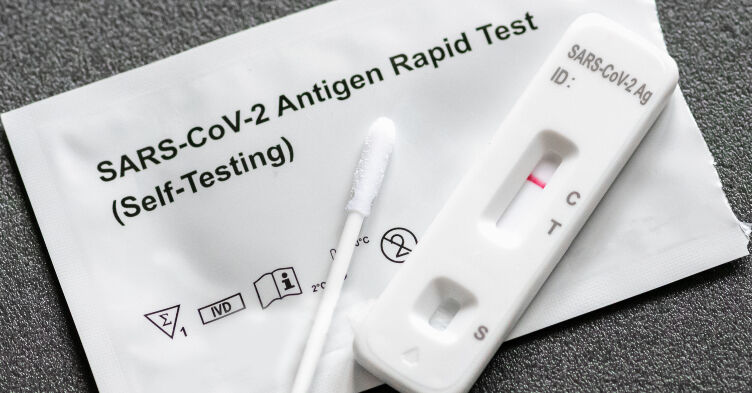Cardiovascular
Risk of Covid infection doubles with combined cardiovascular disease and complex comorbidities
Cardiovascular disease and complex health issues double the risk of infection from Covid-19, according to scientists at University College London (UCL).
In a study of over 4,000 adults, individuals with cardiovascular disease and complex comorbidities had an 87 per cent increased risk of Covid-19 infection compared to their healthy peers.
The findings are published in Gerontology, highlighting the need for tailored public health policies for different populations, particularly vulnerable and ageing populations.
Using data from the 2020 English Longitudinal Study of Aging (ELSA) Covid-19 Sub Study, the researchers collected data from 4,428 individuals who were over 50 years of age and divided them into four groups based on their long-term conditions.
The groups included metabolic disorders such as hypertension, hyperlipidemia and diabetes, heterogeneous comorbidities such as eye disease, arthritis, cancer, lung disease, osteoporosis, and psychiatric conditions, cardiovascular disease alongside other complex comorbidities such as hypertension, arthritis, eye disease, and hyperlipidemia, and the ‘healthiest’ group, who mostly only suffered from arthritis.
Individuals with cardiovascular disease alongside complex comorbidities had an 87 per cent increase in the risk of infection. The findings were based on the results of PCR or rapid tests and whether a patient reported symptoms of infection in the earliest stage of the pandemic when no tests were available.
People with heterogeneous comorbidities have a 56 per cent increased risk of being infected by Covid-19. Other long-term illnesses which existed pre-pandemic, such as lung disease, arthritis and psychiatric disorders, were found to be related to an increased risk of subsequent Covid-19 infections. The researchers also found that people with retinopathy or eye disease had a high chance of Covid-19 hospital-related admissions.
Lead author of the study, Dr Yun-Ting Huang from UCL, said: ‘Older people often live with more than one long-term condition and some have complex comorbidities. The complexity of their underlying health conditions would affect the probability of being infected with Covid-19 and the subsequent risk of being hospitalised.’
She added: ‘Although the link between cardiovascular disease and Covid-19 infection is still unclear, some potential direct Covid-19 and indirect immune responses impacting the cardiovascular system have been explored.’
In addition, people with undiagnosed diabetes pre-pandemic were found to have a fivefold increased risk of being hospitalised with Covid-19, and the researchers say that this finding highlights the need for better screening and management of diabetes in older adults.
Most of the data was self-reported, so the study may be subject to recall bias. However, the findings are likely to result from a combination of the increased chance of vulnerable patients being infected, being symptomatic and testing more regularly.
Dr Huang said: ‘Our findings highlight the vulnerability of those with cardiovascular disease and complex comorbidities, who need a tailored prevention and treatment strategy in the evolving Covid-19 pandemic.’

